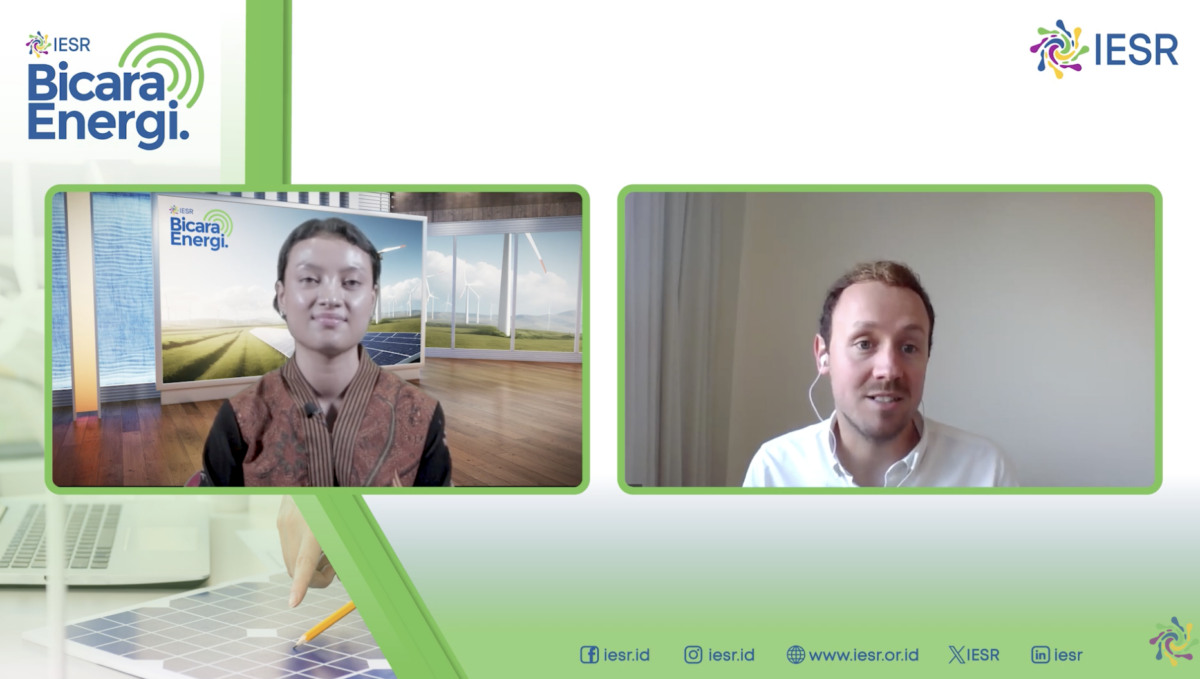Jakarta, December 10, 2024 – The climate crisis has transcended being merely an environmental concern; it now stands as one of the most formidable challenges facing the business world. Extreme weather events, rising sea levels, and the escalating impacts of climate change threaten the very foundation of business continuity. Adopting sustainable business practices is no longer optional—it is imperative for securing resilience, ensuring long-term viability, and playing a pivotal role in the global effort to combat climate change.
A key element of sustainable business is the transition to clean energy. In this effort, global initiatives like RE100 play a crucial role, especially in countries like Indonesia, which face unique challenges in their energy transitions. Ollie Wilson, Head of RE100, highlighted that Indonesia has tremendous potential in renewable energy but remains heavily reliant on fossil fuels. With the right policy shifts in the next one to two years, Indonesia could embark on a significant growth path for renewable energy.
“Indonesia needs to raise its renewable energy ambition, such as setting a minimum target of 34% by 2030 and implementing a power wheeling mechanism to allow companies to directly purchase renewable energy,” said Ollie during the IESR Bicara Energi event.
According to Ollie, supportive policies could enable companies to increase their investments in renewable energy, which would not only help achieve global climate targets but also create new jobs and stimulate economic growth. Collaboration between the government and private sector, backed by well-directed policies, is seen as the key to accelerating Indonesia’s renewable energy transition.
Through its collaboration with the Institute for Essential Services Reform (IESR), RE100 aims to drive significant change in Indonesia.
“We look forward to the day when an Indonesia-headquartered company joins RE100, as this would send a strong signal about the country’s commitment to advancing renewable energy and set a meaningful precedent for others to follow,” said Ollie.
Lucia Karina, Vice President of Public Affairs, Communication, and Sustainability at Coca Cola Europacific Partners Indonesia, shared her company’s experience as an RE100 member. Karina emphasized that businesses bear a considerable responsibility in mitigating climate change.
“In Indonesia, we have installed solar panels at three of our eight facilities, including the largest installation in Southeast Asia at our Cibitung plant. Additionally, CCEP has purchased Renewable Energy Certificates (RECs) and increased the use of recycled materials to reduce our carbon footprint,” she explained.
However, Karina stressed the need for government action to streamline often complex licensing processes, create consistent policies, and ensure a stable regulatory framework. She also proposed reallocating fossil fuel subsidies toward renewable energy incentives and utilizing financial instruments like green bonds to reduce investment risks.
Karina concluded with a call to action for Indonesian companies to join the movement.
“By becoming part of RE100, companies can strengthen their competitiveness while contributing to a more sustainable future,” Karina said.

